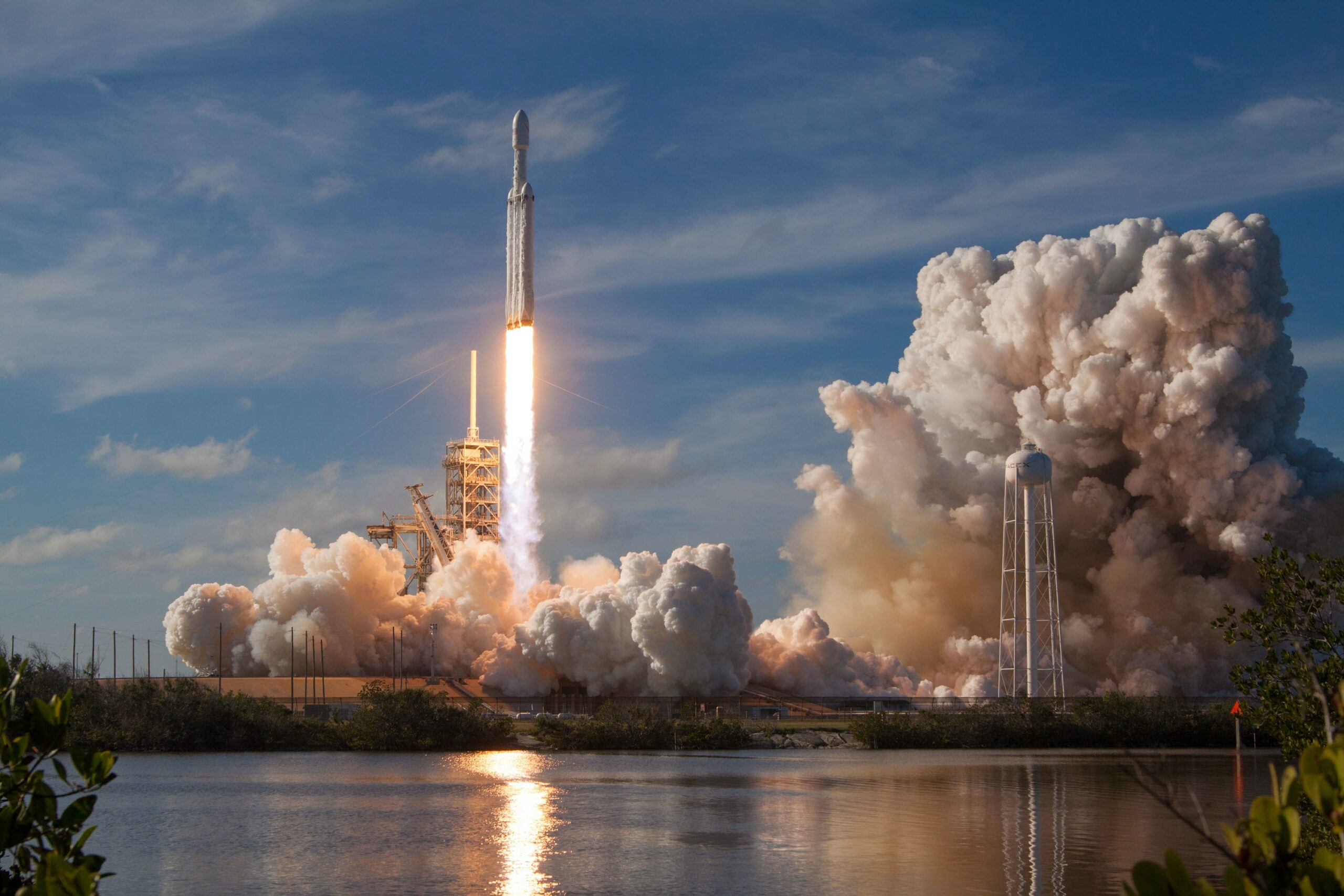Backers come back down to Earth
Space technology startups have been forced to limit their starbound hopes, as their venture-capital backers turn elsewhere due to current economic conditions.
Soaring inflation, rising interest rates and the Ukraine war have gripped financial markets, forcing investors to evaluate their investment strategies and focus on companies with viable products in the market.
Investments in space technology companies, which collect, process and analyze space-related data, fell by around 80% in the final quarter of 2022 to about USD $1bn, from nearly $5bn in the year-earlier period, the VC company Space Capital said in a report.
Heavenly bodies not so attractive
VC investment volume in space companies fell 44%, compared with a broader market decline of 31%, the report added.
A series of rate hikes by the Federal Reserve, intended to halt the post-pandemic spike in inflation, could have had the side effect of driving funding out of risky venture investments, such as space, because of the higher rates offered elsewhere.
“We’ve just come off 15 years of a near-zero interest rate environment that encouraged risk taking,” said Jared Isaacman, the billionaire founder of payments company Shift4, during a recent Washington Post webinar.
Isaacman is best known in the space industry for leading the Inspiration4 private astronaut mission on a Crew Dragon in 2021, and backing the Polaris Program of private missions with SpaceX.
“A lot of industries and a lot of companies were formed that, in more challenging times, would never have been able to survive. That’s not exclusive to space,” he said. “The space industry received a lot of capital, and I am definitely concerned they don’t continue to receive it.”
He predicted that many space startups, as well as those in other technology sectors, will struggle to raise money. “A lot will go away, just like I think across tech and other industries.
Changes to the financial nebulae
Companies have become skittish – ones that two years ago, would turn to mergers with special purpose acquisition corporations, or SPACs, as a means of raising money and going public.
However, many of those deals failed to raise the expected funding as SPAC investors sought redemptions of their shares, and the companies themselves fared poorly on the market after going public.
Our take
While the race to space may be slowing down, the wily and daring investors who were willing to take a punt on extraterrestrial companies are now freed up to take on new projects. That level of expertise and daring is a fresh injection for alternative industries and ventures.
Plus of course, a drain away from less enthusiastic backers means those left might may well be the best of the best.
Isaacson said. “I think there’s a couple of really good space companies that have been smart on their capital allocation, they bought other businesses, they diversified their revenue streams, they’re more vertically integrated. I think they’ll succeed.”
